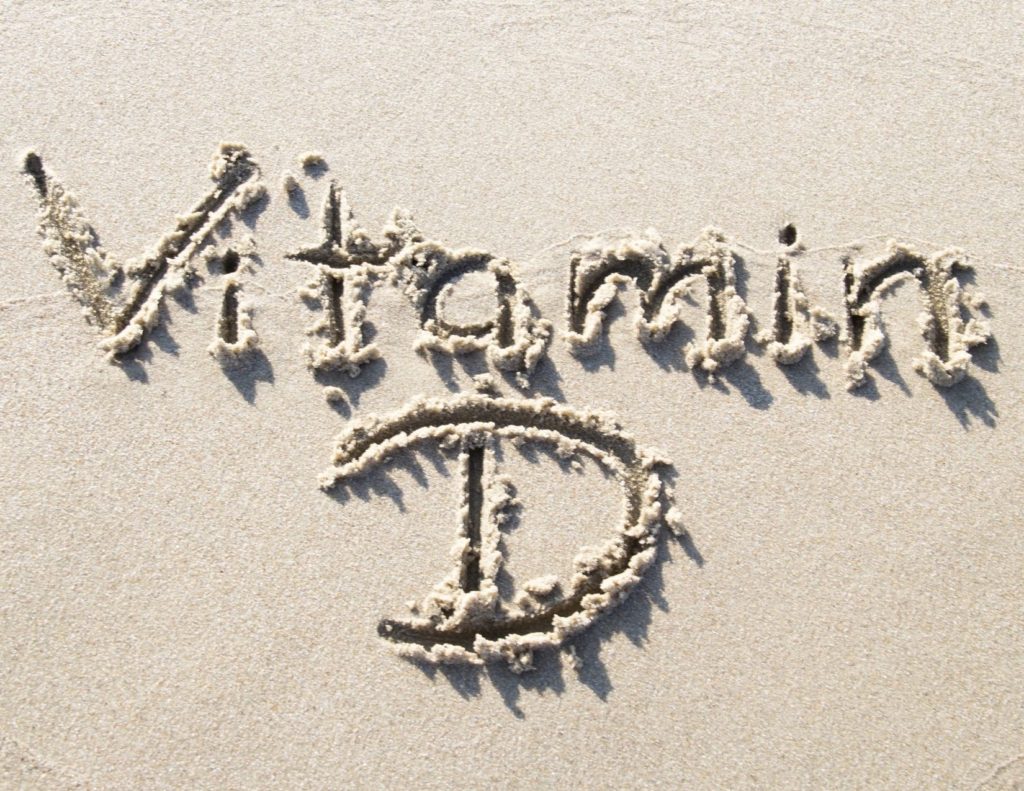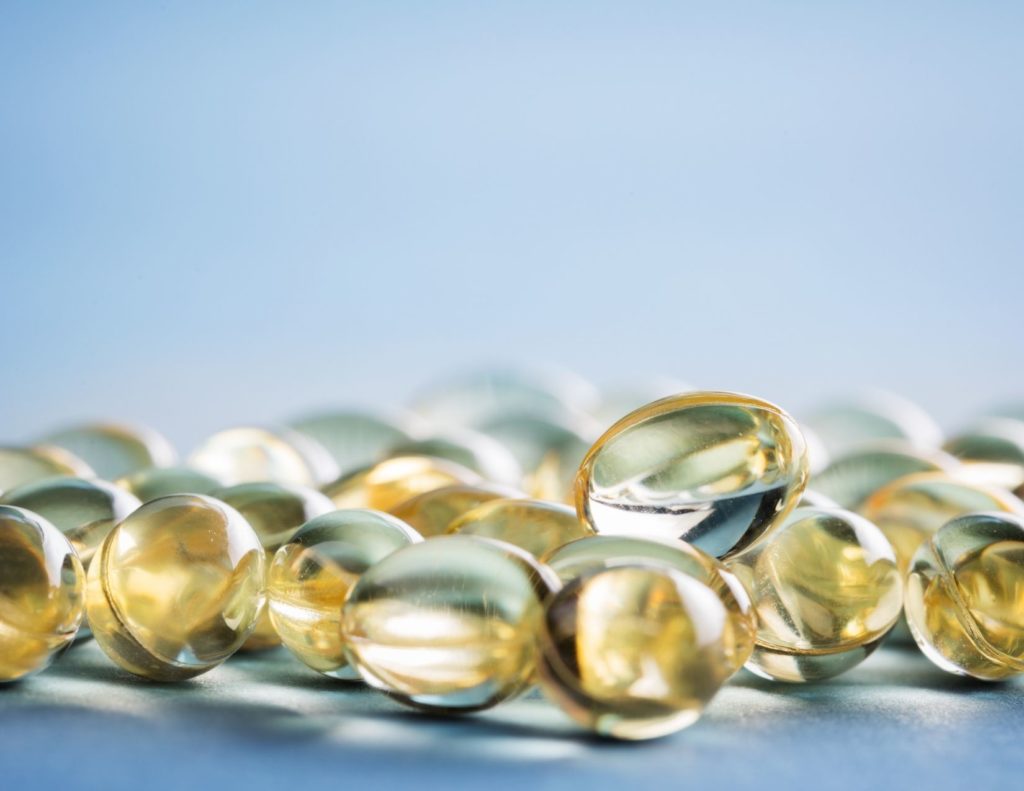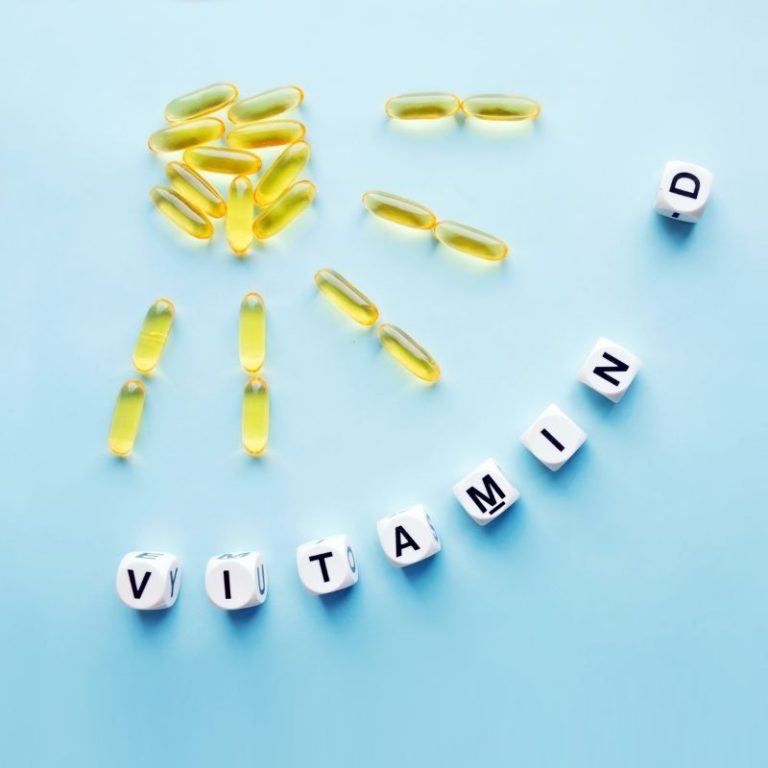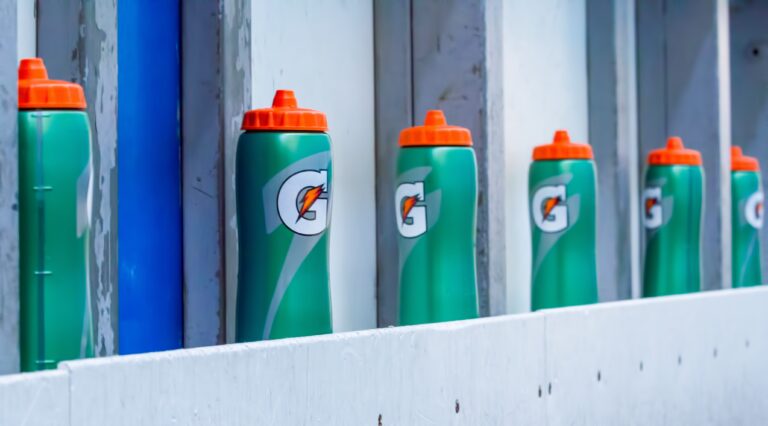This is a commonly asked question! Especially now amidst the news and media hype that has surrounded vitamin D and COVID-19. Whether your kids need a vitamin D supplement this year is dependent on a few factors. Before I get into that though, it’s important to review some key facts around the sunshine vitamin.
What is vitamin D?
Vitamin D is one of the many micronutrients that our bodies need to survive and thrive. It is a fat-soluble vitamin, meaning that it is absorbed along with fats in the diet and can be stored in the body’s fatty tissues. It’s known for its role primarily in bone health and deficiency can lead to conditions such as Rickets in children.
Research has looked at the potential role that supplemental vitamin D plays in our health. This includes (but is not limited to) lowering the risk of cancer, heart disease and multiple sclerosis, and improving mood, cognition and immunity (here).
Where do we get vitamin D from?

It’s true that the sun is a natural source of vitamin D. Many people meet part of their requirements via sun exposure. However, variables including the season, time of day, cloud cover, smog, skin pigmentation, and sunscreen use all impact the extent to which UV rays are received in the body and vitamin D is (or is not) synthesized (as discussed here). Unfortunately, due to Canada’s high latitude, year-round vitamin D synthesis through sun exposure is not possible.
We also get vitamin D from food, like cow’s milk (which is fortified), fortified milk alternates, fortified dairy products, fatty fish, eggs, and some mushrooms. However, the amounts these foods provide (and how much we eat them) together are not adequate to sustain sufficient vitamin D levels for all Canadians (here). As such, in Canada producers of milk and margarine will now have until 2022 to adopt new mandatory fortification guidelines.
How much vitamin D does my child need for optimal health?
Babies 1 year and under need 400 IU (or international units) of vitamin D daily. This is why in Canada it is recommended that babies get one 400 IU vitamin D drop daily if breastfed. Vitamin D is fortified in formula but babies need to drink enough formula to get an adequate amount of vitamin D. So, they too may need a supplement for a while.
The RDA (or recommended dietary allowance – i.e. the level set to meet the needs of 97-98% of the population) for vitamin D for children from 1 year all the way up to adulthood is set at 600 IU.
The increased mandatory fortification of milk will soon provide 200 IU of vitamin D per cup milk. Accordingly, your child would have to drinks 3 cups daily to get his or her 600 IU of vitamin D. Sockeye salmon and rainbow trout provide a significant dose of vitamin D too. However, without a fortified milk or fatty fish on board, your child would have a hard time reaching the RDA.
So does my child need a vitamin D supplement?

The answer is… it depends.
Do they consistently drink 3 cups of fortified milk daily? Then they may not need one. (P.S. We don’t recommend that kids drink more than 3 cups milk daily due to risk of iron-deficiency anemia as milk crowds out their appetite for other iron-rich foods.)
Or do they drink 2 cups milk but also regularly eat eggs, other fortified dairy products and fatty fish too? Then they may not need one.
If they don’t drink milk, and don’t consistently eat fatty fish or eggs etc., they may need a supplement.
You can ask your family physician to test your child’s vitamin D level. You may have to pay out of pocket for it though. In Ontario, this test costs about $40 (I paid $37 last week to get mine done). Don’t forget though that pinning your child down for blood work is not the most enjoyable task! Bloodwork aside, you can quickly estimate your child’s intake (by yourself or with the help of a dietitian) by tracking intake of vitamin D rich foods for a few days to see if he or she is getting enough.
If you do decide to supplement, look for vitamin D3 (cholecalciferol form). Most research suggests that it is used more effectively in the body than vitamin D2 (ergocalciferol).
And don’t forget that vitamin D is fat soluble! If you supplement, it’s best to give your child his or her supplement with a meal that contains fat. This will help optimize the absorption.
Will giving kids a vitamin D supplement help protect them against COVID-19?
There has been a great deal of hubbub around vitamin D and COVID-19.
Due to the rapidly evolving nature of research surrounding the SARS-CoV-2 virus (which causes COVID-19) I hesitate to say anything on this topic. One thing that is certain however is that vitamin D supplementation does NOT protect you from getting COVID! (This is why you hear “wash your hands, wear a mask, socially distance” NOT “go to the drugstore and start popping vitamin D!”)
However, what some studies have shown to date are that those who are deficient may be more likely to test positive for the virus (here) and/or have more severe symptoms of COVID-19 (here and here).
These studies do not show causation, only correlation or association. We need randomized trials to determine whether vitamin D truly affects COVID-19 risk.
Also important to note that these studies were conducted in older adult populations and none in Canadians. Accordingly, results cannot be extrapolated so easily to a Canadian pediatric population.
Long story short …
Not enough sun exposure, use of sunscreen (which I fully endorse), having a darker skin pigmentation, and eating a limited variety of vitamin-D rich foods can make it difficult to obtain adequate vitamin D intake for children and adults alike.
Don’t let this D-lemma get you down though!
If you are in doubt as to whether to supplement, reach out to your family doctor, pediatrician or a dietitian. We’re happy to walk you through the best individual plan for your kiddo and your entire family. Contact us today and let’s get started.








